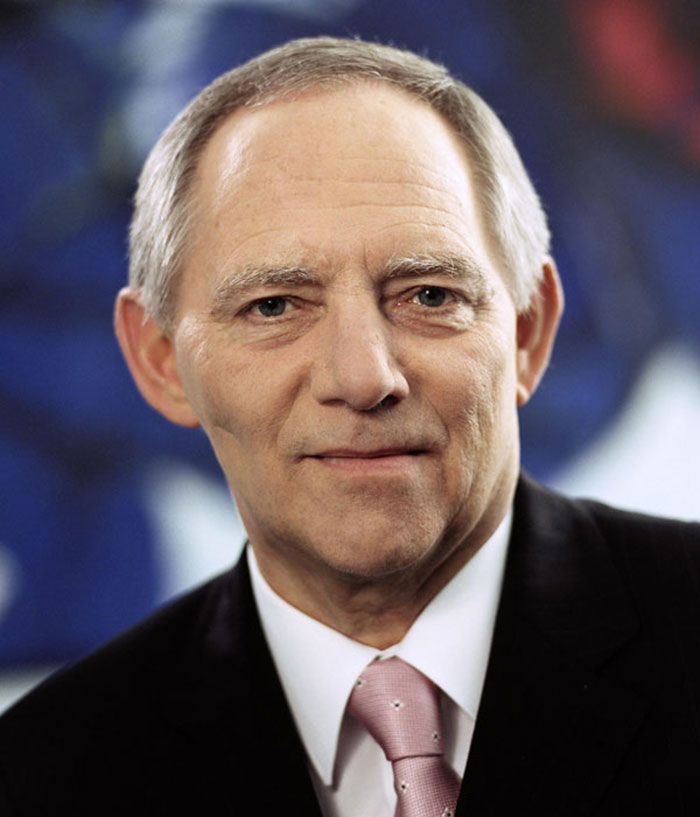web_wschaeuble.jpg

Germany's finance minister prior to the election: Wolfgang Schäuble
Blackrock Investment Institute released a statement as Germany’s re-elected chancellor Angela Merkel is working on forming a government after winning the election yesterday.
Merkel’s Christian Democrat Union (CDU) and its Bavarian sister party, Christian Social Union (CSU), gained the most seats with a third of the vote. But the party had the smallest share of votes it has had since 1949, with Social Democrats (SPD) in second place on 20%.
Merkel is reportedly considering three-way coalition with Free Democratic Party (FDP) and the Green party.
The “big question” is if Wolfgang Schäuble is to be replaced, Blackrock Investment Institute said in a statement on the election results.
He has been finance minister since 2009 and is a member of the CDU party. Blackrock suggested it could be offered to the SPD to 'lure' them back into a possible coalition.
“Would Merkel’s offering this powerful position to the SPD bring the social democrats back to the negotiation table?” the statement from the asset management company asked.
“Such an outcome could soften Germany’s stance toward peripheral eurozone countries and cause an uptick on government spending,” it added.
Under the Germany electorial system, it is more usual for the majority party to appoint the chancellor while the minority picks the finance minister.
Right-wing party Alternative for Germany (AfD) gained 94 seats, with 13% of votes. The party has criticised Merkel’s decision to open Germany’s borders to refugees and has turned its focus to immigration and Islam, despite being founded as an anti-euro party in 2013.
It is the first anti-foreigner party to gain seats in parliament since Hitler and has vowed to fight “an invasion of foreigners”.
Schäuble is not only a key German politician but also plays an important role in Europe.
CDU and CSU promised ahead of the election to reduce income tax by €15bn (£17bn) per year and full employment by 2025.
Other manifesto promises also included the construction of 1.5 million homes, increase police forces by 15,000 nationally, an increase to child benefits by €25 per child per month and an increase in development and aid spending.
Merkel’s support fell by more than 20% compared to 2013, despite Schäuble’s budget, low unemployment, and a strong economy.










